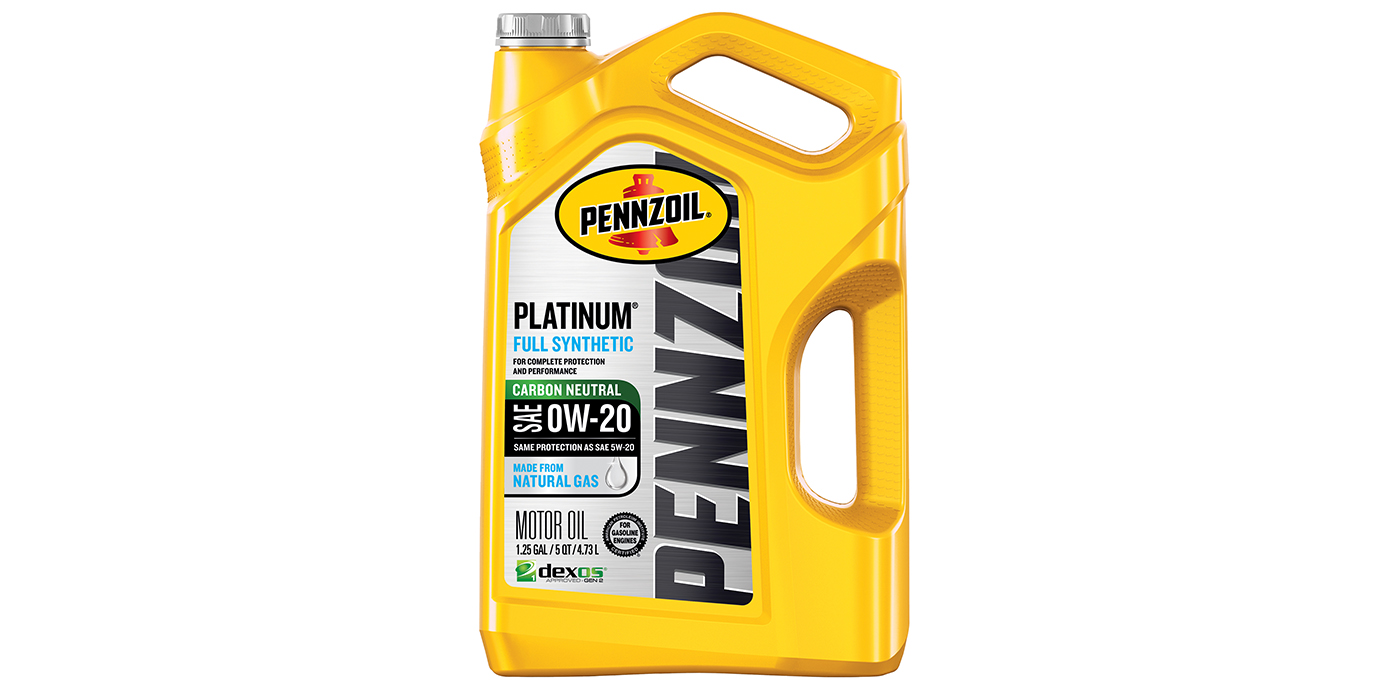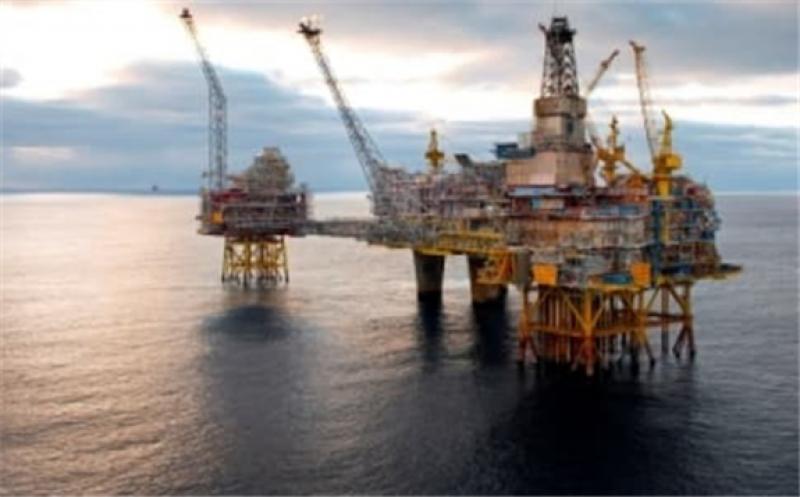

“Rather than providing real and public funding into African renewables and adaptation, this week rich countries pledged money to prop up carbon markets that have never worked, neither in Africa nor elsewhere.

At the summit in Kenya, Cop28 hosts the United Arab Emirates (UAE) committed to buying $450m (£360m) of carbon credits from Africa, amid reports the a UAE company is striking deals for large areas of land in anticipation of country to country carbon trading under the Paris agreement.īut there is significant concern in Nairobi among environmental campaigners about scaling up carbon markets, and there were protests outside the summit, many raising questions about whether they help local communities or store the carbon they claim. The African Carbon Markets Initiative, announced at Cop27 last year, aims to produce 300m carbon credits annually by 2030, unlocking $6bn (£4.75bn) in revenue, and more than a dozen times that by 2050. This is critical, not only to protect the climate, but also to create a thriving market because people won’t take the risk either of getting involved in a market that doesn’t have the right standards and guidelines,” he said. For that, we need to ensure the environmental integrity of this market. “This market has to become a market in the billions in order to work effectively. The US climate envoy, John Kerry, told the conference that Africa and the global south would benefit from a growing carbon market. The Kenyan president, William Ruto, said African countries got nothing for the carbon sinks that serve the world, unveiling new carbon market regulations in his country before the summit. A director of the trust acknowledged that consumers may have been inadvertently misled by the label due to poor quality offsets.ĭespite growing scientific evidence that indicates many offsets have no environmental worth the unregulated voluntary carbon market received strong support at this week’s Africa Climate Summit in Nairobi. The move comes as the Carbon Trust, one of the leading environmental certification schemes, discontinued its “carbon neutral” labelling scheme based on offsets.


Shell said it still supported carbon credits and welcomed efforts to improve their quality. Earlier this year, the Guardian published an investigation that found that the vast numbers of rainforest carbon offsets were worthless. and a leading producer in the Permian and DJ basins and offshore the Gulf of Mexico, its website shows.The decision, first reported in Bloomberg, means Shell joins Gucci, Leon, Nestlé and other firms in moving away from offsets amid repeated indications that huge numbers of carbon credits do nothing to mitigate global heating. It is one of the largest oil producers in the U.S. Occidental describes itself as an international energy company with assets in the United States, Middle East, Africa and Latin America. OLCV, which was formed in 2018 by Occidental, is said to be focused on advancing cutting-edge, low-carbon technologies and business solutions that enhance Occidental’s business while reducing emissions. We seek to develop, along with our clients, actionable strategies today and sustainable innovations for the future,” the Macquarie representative went on to say. “Macquarie is working to lead the energy transition through innovation and investments focused on advancing decarbonization. “We look forward to continued collaboration with the company on realizing their ambitious carbon neutral goals,” Pagan added. “We are taking important initial steps to work with our customers in hard to decarbonize industries to offer carbon neutral and other low carbon products that will leverage our expertise in carbon management to lower their total carbon impact and address Scope 3 emissions,” Richard Jackson, the president of Oxy Low Carbon Ventures, said in a company statement.Ĭommenting on the shipment, Ozzie Pagan, the senior managing director for Macquarie in the Americas, said, “Macquarie is delighted to have worked with Occidental in developing this innovative solution”. The transaction was described by OLCV as a first step in the creation of a new market for climate-differentiated crude oil. Permian basin by Occidental (NYSE: OXY) go to Reliance Industries in India. The delivery, which was arranged in conjunction with Macquarie Group’s Commodities and Global Markets group, saw two million barrels of oil produced in the U.S. Oxy Low Carbon Ventures (OLCV) has announced that it has delivered the world’s first shipment of carbon neutral oil.


 0 kommentar(er)
0 kommentar(er)
